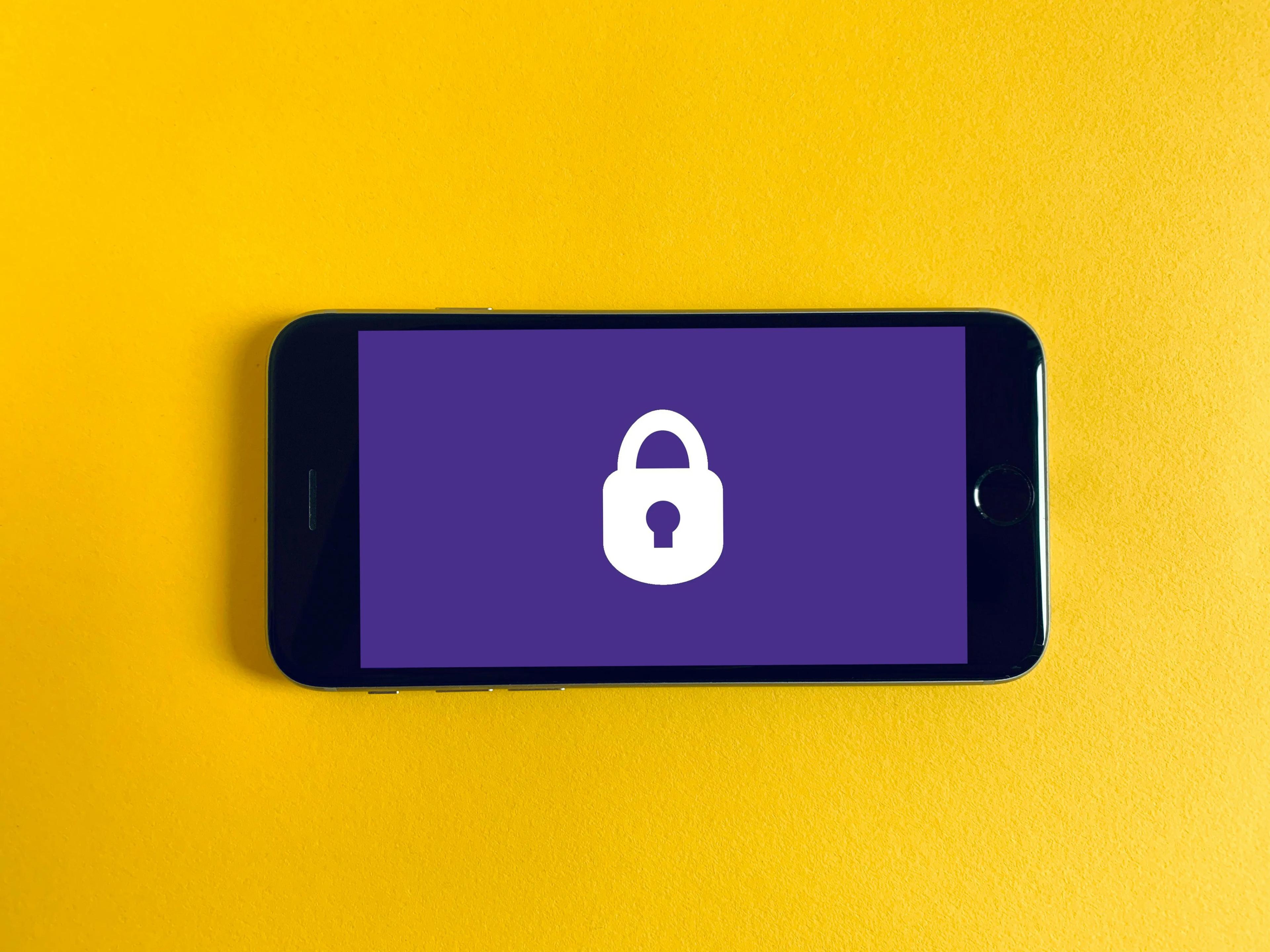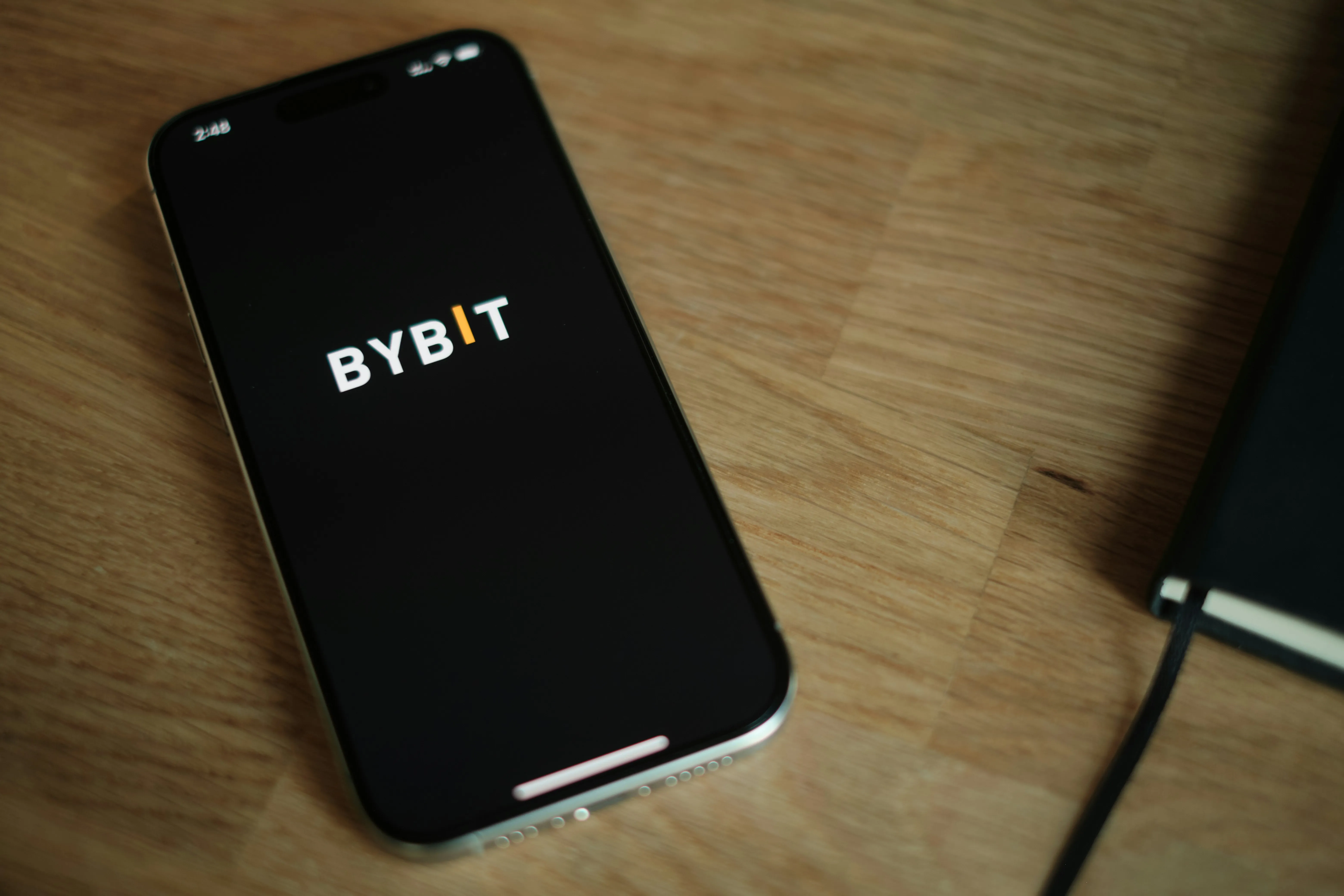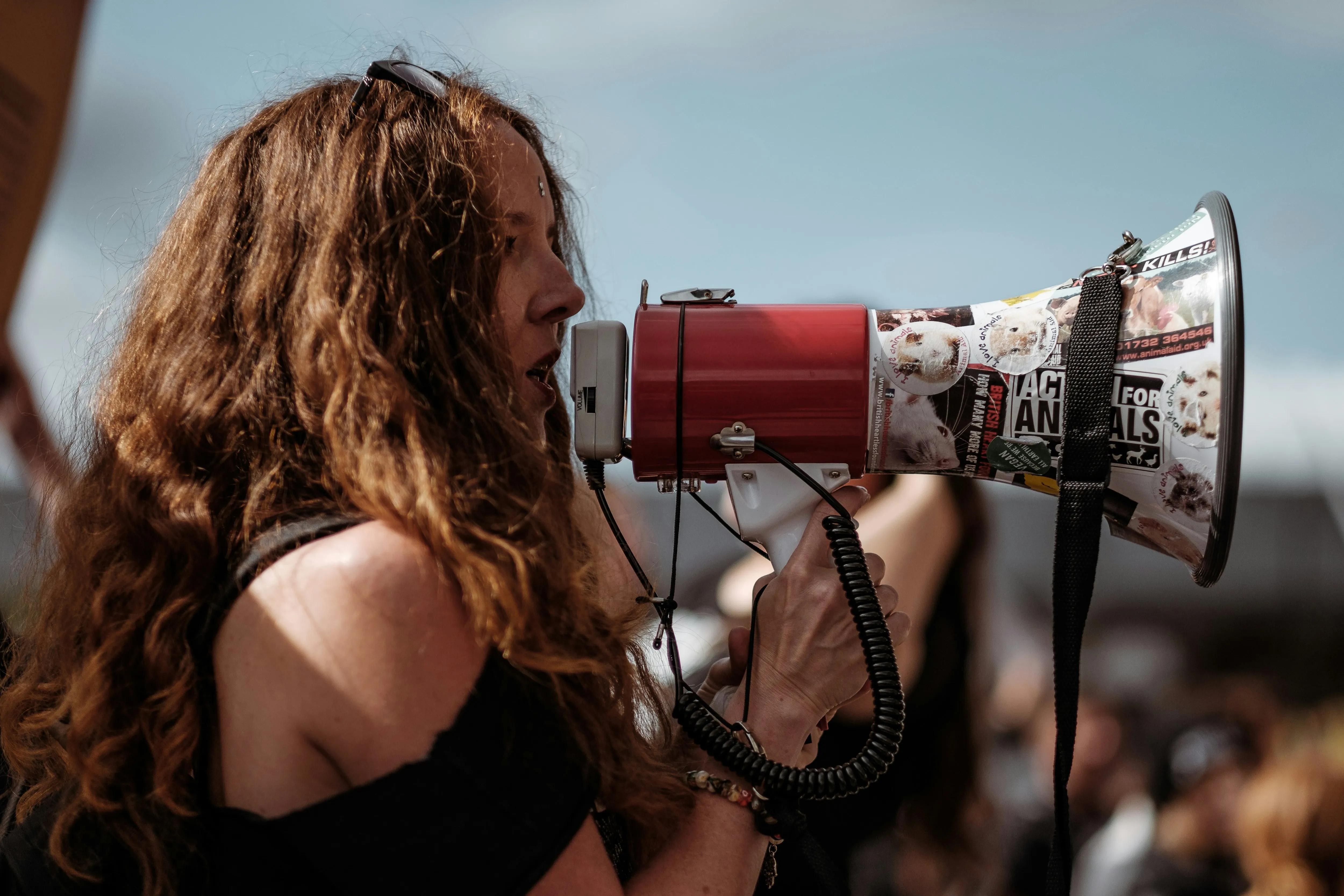Crypto security 101: Don’t get wrecked
MJ’s witty crash course turns blockchain 'mumbo-jumbo' into practical steps for everyday crypto users

Welcome back, my curious friends. Today, we’re tackling a topic that could literally save crypto stash from vanishing overnight. Yep – we’re talking about security and privacy, the two shields standing between your Bitcoin and the abyss.
Who’s holding your crypto – you or someone else?
Alright, pop quiz. Who actually controls your crypto?
If you said “me” – and you’re keeping it on an exchange – buzzer sound! Wrong answer, my friend. That’s like handing your Lambo keys to a valet who’s juggling chainsaws while blindfolded.
Let’s break it down.
Custodial wallets – that’s your valet parking. Binance, Coinbase, Bybit – they keep your private keys “for safekeeping.” Convenient, yes. But if they get hacked or freeze withdrawals, your funds might as well be on Mars.
Non-custodial wallets – that’s your personal garage. MetaMask, Trust Wallet, Ledger – these give you the keys. You’re in control, no middleman, no excuses. But with great power comes great responsibility. Lose your seed phrase, click a phishing link, or scribble your private key on a sticky note, and there’s no customer support fairy coming to the rescue.
So the rule is simple: not your keys, not your cheese.
The Bybit autopsy: A $1.4 billion lesson

The Bybit case is a reminder that in crypto, the weakest link is often human, not technical. Photo: Unsplash / Appshunter.io
Alright, scalpel in hand – time for a quick autopsy on the Bybit case. Here’s the juicy bit – the exchange itself wasn’t hacked. Nope. No blockchain breach, no fancy zero-day exploit. It was plain old human error.
Hackers tricked Bybit into signing a transaction that looked normal – just another transfer between internal wallets. Except it wasn’t. That “routine” transaction sent $1.4 billion worth of Ethereum out into the wild. Ouch.
Now, to their credit, Bybit’s CEO Ben Zhou handled it like a pro – straight to the point, admitted the mistake, reassured users, and made sure withdrawals continued smoothly. That transparency calmed the market. Unlike the Mt. Gox or FTX disasters, the crypto world barely flinched.
And that, my curious listeners, shows how far this space has matured. But the moral of the story? Human error is still the biggest hack vector in crypto. Double-check your transactions, always verify wallet addresses, and never trust autopilot when billions are at stake.
Privacy coins: The secret agents of crypto
Now, let’s talk privacy – because on the blockchain, your transactions are about as private as a glass fishbowl. Anyone can see who sent what, to whom, when, and for how much.
That’s where privacy coins step in. Think of Monero (XMR), Zcash (ZEC), and Dash (DASH) as the undercover agents of crypto. They move silently, hide their tracks, and make sure nobody’s peeking into your wallet like a nosy neighbor.
-
Monero uses ring signatures and stealth addresses to mix transactions – your coins disappear into a digital fog.
-
Zcash lets you choose “shielded” transactions, giving you the privacy switch Bitcoin never had.
-
Dash offers a PrivateSend feature that scrambles transactions like a bartender mixing drinks – hard to trace, easy to use.
And before anyone yells “criminals!”, remember – privacy isn’t about hiding wrongdoing. It’s about protecting your right to financial boundaries.
Why privacy matters

For activists in restrictive countries, privacy coins can mean the difference between being funded or being found. Photo: Unsplash / Clem Onojeghuo
Let’s say you’re an activist in a country where speaking your mind is riskier than shorting Dogecoin during a meme rally. Traditional banking? Frozen. Bitcoin? Traceable. But Monero? That’s a lifeline. It lets people fund movements, print flyers, or pay for servers – without governments tracking every cent.
Or picture this: you’re an online merchant selling, say, tinfoil hats to conspiracy fans. Banks might flag you as “high risk.” Privacy coins don’t judge. They just let you get paid.
Even for regular folks – freelancers, small business owners, or anyone who values discretion – privacy coins stop scammers from scanning blockchain explorers and thinking, “Ooh, easy target.”
Financial privacy isn’t shady. It’s sanity.
Quick-fire safety tips
Now that we’ve unmasked the villains, here’s how you stay safe in the wild west of crypto:
1. Don’t store large amounts on exchanges. They’re for trading, not hoarding.
2. Use hardware wallets for long-term storage.
3. Back up your seed phrase in at least two offline places.
4. Turn on two-factor authentication – always.
5. Keep your software updated and beware of fake apps.
And for the love of Satoshi, never send your private key to anyone claiming to be “support.” The only thing they’re supporting is their own wallet balance.
Quick reality check
Let’s test your crypto IQ:
-
Would you keep $10,000 on an exchange or a non-custodial wallet?
-
Can you recover funds if you lose your seed phrase? (Hint: Nope.)
-
Is writing your private key on a sticky note a good idea? (Only if you enjoy financial heartbreak.)
If you answered non-custodial wallet, no, and hell no – congrats, you’re officially smarter than half the internet.
Alright, my fellow hodlers – that’s your crash course on keeping your coins safe. The crypto frontier is full of opportunity, but also full of traps. So stay alert, stay educated, and never forget: if you don’t hold the keys, you don’t own the cheese.
Protect your wallets, guard your privacy, and keep stacking those sats – because curiosity pays off, but only if you still have your coins to cash in.




